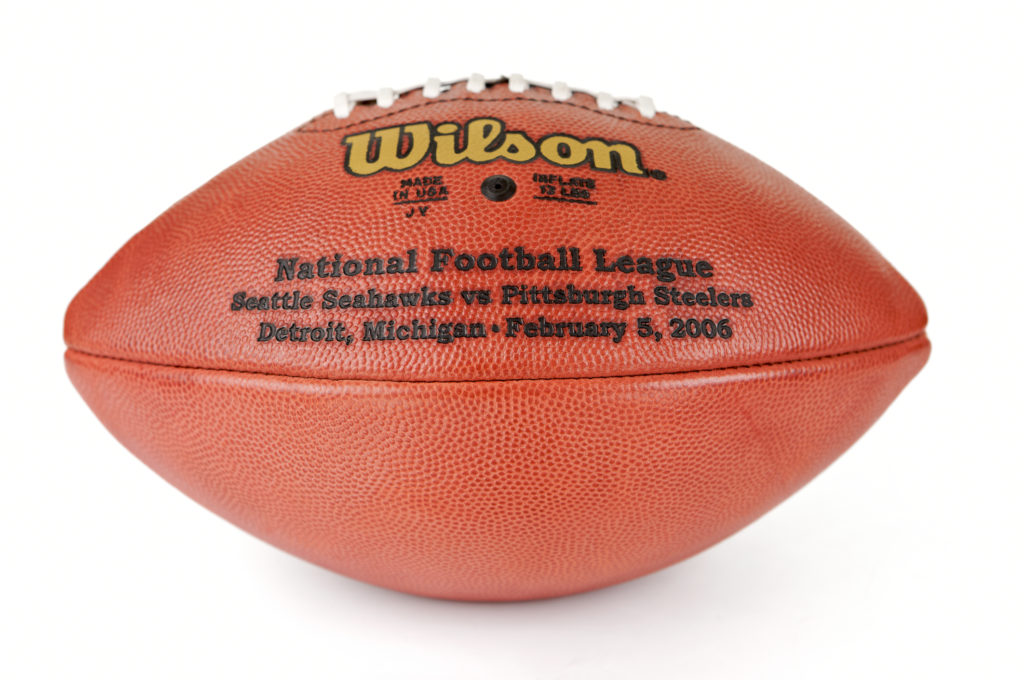Brian Flores filed a bombshell racial discrimination lawsuit against the NFL this month. Flores is a Black former head coach of the Miami Dolphins who was fired in January and has since been rejected by multiple other NFL teams for a head coach role.
The lawsuit against the NFL is historic for a number of reasons—indeed, it is surprising no team had previously been sued for race discrimination by a Black coach—and will hopefully bring about much needed change in how NFL teams operate.
The NFL has denied the allegations in Flores’s lawsuit and will likely files its Answer soon. In the meantime, here are 4 key aspects of the Flores’s employment discrimination lawsuit.
Flores complaint#1 Flores’s Case Is A Game-Changer And He Is A Legal Pioneer
In the nearly 100 years of the NFL’s existence, the lack of Black head coaches and other executives has been undeniable and stands in stark contrast to the 70% of players who are Black. Yet it does not appear that an NFL team has ever faced a lawsuit in court regarding racial discrimination against Black coaches. Flores’s case shines an unforgiving light on the NFL’s hiring practices, which have resulted in a glaring underrepresentation of Black employees in the upper ranks of NFL teams. In filing his court case, Flores has taken a courageous step that puts his career on the line and sets up a potentially historic legal battle.
#2 Will A Judge Certify The Case As A Class Action Lawsuit?
Two primary types of lawsuits exist in the employment discrimination context: an individual claim and a class action case. Flores filed his lawsuit in federal court as a class action case and this decision is very significant from a legal perspective.
As the name suggests, an individual case would involve Flores suing an NFL team(s) for employment discrimination. The way the NFL team(s) have treated other Black employees is relevant in an individual case, but the focus of the case and the available remedies would remain on what happened to Flores. Individual lawsuits are far more common than class action lawsuits.
 Class action cases, on the other hand, involve a lead plaintiff(s), in this case Flores, who, along with the lawyer for the class, represent the interests of a larger group of Black coaches and executives who have been harmed by an NFL team(s) in some common way. Class actions can range in size from 20-30 individuals to thousands of people.
Class action cases, on the other hand, involve a lead plaintiff(s), in this case Flores, who, along with the lawyer for the class, represent the interests of a larger group of Black coaches and executives who have been harmed by an NFL team(s) in some common way. Class actions can range in size from 20-30 individuals to thousands of people.Simply filing a case as a class action lawsuit, however, does not make it one. Rather, a judge will ultimately decide if Flores’s employment discrimination case can proceed as a class action. The key factor here is whether Flores can show that his legal claims meet the class action requirements of Federal Rule of Civil Procedure 23.
The NFL will almost certainly oppose Flores’s attempt to have a court certify his case as a class action. Some of the key issues a judge will consider in making this decision are:
- Have the various coaches and executives covered by the class action had sufficiently similar experiences to each other?
- Do Flores and his lawyers adequately represent the interests of other employees/class members, particularly those class members who are not head coach candidates?
- Do common questions of facts and law exist that apply to Flores and the other coaches/executives so that it makes sense to proceed as a class action as opposed to a series of individual cases?
- Is it the best use of judicial resources to move forward as a class action versus a host of individual lawsuits?
- Are the kinds of remedies sought, including monetary damages and changes to how NFL teams operate, able to be handled in a class action context covering numerous class members and potentially many NFL teams?
The NFL’s legal liability, as well as the amount of money it may owe and types of changes it will be forced to undertake, increase exponentially if a judge certifies Flores’s case as a class action, which is why this decision will be pivotal.
#3 How Much Information About Other NFL Teams Will Flores Be Allowed To Get?
Class action cases typically take a long time, measured in years rather than months, to be decided. And before a judge can weigh the considerations raised above and decide whether the case moves forward as a class action, there will be a discovery period where Flores and the NFL teams are required to exchange information about the legal claims.
 Flores, based on the complaint he filed, will likely try to get as much information as possible, stretching back many years, regarding different NFL teams’ hiring practices and other examples of discriminatory conduct within the team(s). His legal team will likely seek to take depositions of John Elway, the owners of the Miami Dolphins, New York Giants, and Denver Broncos, as well as many other NFL executives and owners. Similarly, Flores will probably want access to large swaths of email communications among NFL leaders that may shed light on teams’ hiring practices and other potentially discriminatory actions.
Flores, based on the complaint he filed, will likely try to get as much information as possible, stretching back many years, regarding different NFL teams’ hiring practices and other examples of discriminatory conduct within the team(s). His legal team will likely seek to take depositions of John Elway, the owners of the Miami Dolphins, New York Giants, and Denver Broncos, as well as many other NFL executives and owners. Similarly, Flores will probably want access to large swaths of email communications among NFL leaders that may shed light on teams’ hiring practices and other potentially discriminatory actions.
On the flip side, the NFL will almost certainly do everything it can to limit the amount of information Flores is able to uncover. The NFL will likely argue that the only relevant issue is how Flores was treated by the Dolphins and possibly the Giants and Broncos. Likewise, the NFL will presumably assert that information about how other Black coaches and executives have been treated must be narrowly tailored and limited to recent hiring cycles.
In this case and almost every other class action lawsuit, statistical evidence of hiring discrimination will be critical. In most class action cases, both sides will hire statistical experts to analyze the numbers. In Flores’s case the statistical experts would be looking at years’ worth of selection decisions related to hiring NFL coaches and other executives. And it is almost a guarantee that each side’s expert will come to a different conclusion about what these statistics mean from a legal liability standpoint. But some of the information listed in Flores’s lawsuit is quite persuasive. For example, in a league where 70% of the players are Black:
- Only 1 of the NFL’s 32 teams (3%) employs a Black Head Coach;
- Only 4 of the NFL’s 32 teams (12%) employ a Black Offensive Coordinator;
- Only 8 of the NFL’s 32 teams (25%) employ a Black Special Teams Coordinator;
- Only 3 of the NFL’s 32 teams (9%) employ a Black Quarterback Coach; and
- Only 6 of the NFL’s 32 teams (19%) employ a Black General Manager.
More numbers and statistical information will emerge during the lawsuit but this is a compelling starting point for the analysis.
Finally, Flores’s complaint also provides information about many other Black coaches and executives and alleged discrimination against them. To what extent a judge will force the NFL to turn over to Flores information about these claims remains to be seen, as does the question of whether any of these other Black coaches and executives will publicly join the case.
#4 How Will NFL Sponsors And Fans React?
Now that a Black NFL coach has stepped forward and initiated a public, legal fight about the NFL’s allegedly discriminatory hiring practices, perhaps the biggest question is how the NFL’s key sponsors as well as its passionate fan base will respond. If sponsors and/or fans boycott teams and withhold funding, this factor may dictate the immediate outcome more than anything that happens in a courtroom. In the meantime, the Flores lawsuit and the NFL’s reaction to it will be riveting to watch.
Bonus issue – What Role Will The EEOC Play?
Flores’s complaint says that he will also pursue a claim of race discrimination under Title VII of the 1964 Civil Rights Act. Doing so means he will have to file a charge of discrimination with the EEOC before he can move forward with his Title VII claim in court. It also means that the EEOC may decide to launch its own investigation of the NFL’s hiring practice, running parallel to but not necessarily lockstep with Flores and his lawyers. Within a couple of months there should be more concrete information about whether the EEOC will actively investigate the NFL.
If you have experienced employment discrimination or whistleblower retaliation, call a top rated employment attorney at (202) 769-1681, or start your preliminary consultation online.
